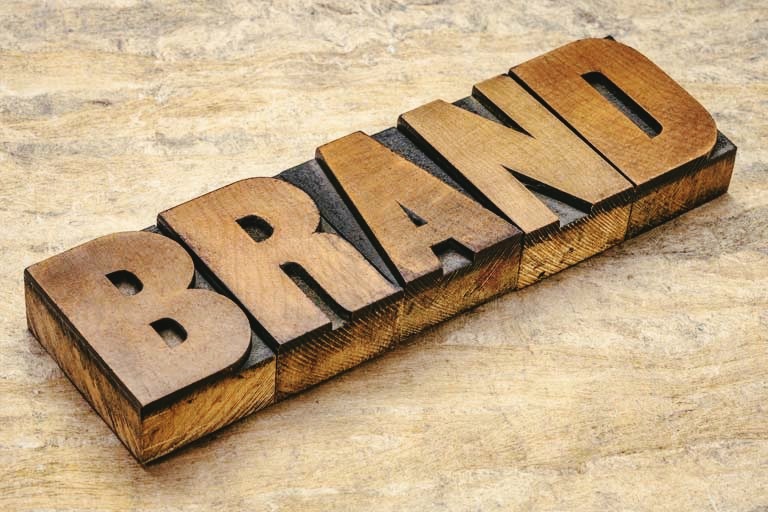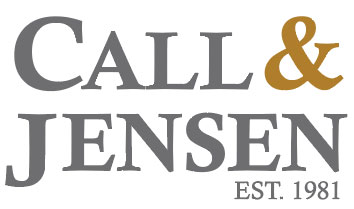Diligence In Building Or Buying A Brand
Originally Published In Ocbj By Deborah Gubernick & Lisa Sandoval
On any given day, you will find Southern Californians donning their favorite local brands. Whether eating In-N-Out Burger®, sporting Vans® shoes, Stance® socks, and a favorite SoCal surf-brand, or even dressing up in a St. John Knits® ensemble while scheduling Botox® treatments before going home to watch a Vizio® television, SoCal brands are undeniably woven into our lifestyle. We are accustomed to witnessing countless brands grow in our own stomping grounds. We have also seen brands grow to the point where they are bought by large companies – resulting in our favorites becoming international sensations. Whether building or buying a brand, diligence in both cases is imperative to the brandʼs continued success.
Building a new brand can be exciting. Indeed, many have been inspired by the success of what we have seen locally. Consider 12-year-old San Clemente entrepreneur, Carson Kropfl, who recently developed the brand, Locker Board, for a small skateboard. Kropfl reportedly recently attracted investment interest from business legend, Richard Branson. Armed with the same can-do attitude and creativity of countless SoCal brand builders before him, he is already showing what brand building (and possibly brand buying/brand investing) is all about.
Having a small brand become global powerhouses is the epitome of the American dream. Being involved in a multi-million or even billion dollar deal and turning large profits sounds glamorous. But, taking the steps necessary to protect a brand, conduct brand audits and engage in appropriate due diligence is far less appealing. Some take shortcuts in this area, only to realize doing so is a costly mistake.
Consider the 1998 due diligence missteps of German carmaker Volkswagen, as it purchased the assets of Rolls Royce and Bentley automobile for around $900 million. The heads of the heavyweights flew in on private jets, meeting at an exclusive Bavarian country club to carve out the deal. In an odd twist, however, the deal did not afford Volkswagen the right to use the Rolls Royce name. Rather, the Rolls Royce trademark would be BMWʼs property. Volkswagen was left owning the manufacturing facilities and rights to make the Rolls Royce cars without use of the Rolls Royce name. Volkswagen had to then secure a separate deal with BMW to have the right to use the Rolls Royce trademark.
Appropriate diligence and legal advice is imperative to avoid the snares of a potentially problematic IP portfolio and inadvertent oversights in a business deal.
Advice for Brand Builders
A startup aiming to eventually sell its brand must first take steps necessary to secure the brand. This means proper trademark searching, clearance and filing to protect the asset. The brand owner should also consider filing copyright and patent protections, where applicable. Secure key domain names and social media accounts to market the brand. Adopt a brand-policing system to monitor third party trademark filings and infringing use to prevent dilution of rights. Develop brand- usage guidelines to foster brand recognition among consumers. Frequently audit existing trademarks to determine if more filings are warranted.
Keep good records of trademark use, sales histories, advertising figures and advertising samples. This information is often critical to demonstrate not only ownership of the brand, but the brandʼs strength and associated goodwill. When taking the brand to international markets, manufacturing or distributing abroad, devise a strategic trademark filing plan that addresses both offensive and defensive considerations. Indeed, in some countries, the first to file a trademark/brand name automatically gets the rights – exposing brand owners to international vulnerabilities.
The brand will likely become the most valuable asset of the business. Failing to properly protect, maintain and enforce it will diminish its value—making it harder to demand top dollar when selling the brand (or when attempting to attract investment capital).
Advice for Brand Buyers
A potential brand buyer or investor should conduct thorough IP diligence before any transaction. Doing so will help the buyer assess the monetary value and risks associated with the transaction. The buyer should request, and the seller should provide, lists identifying U.S and international trademarks, copyrights, patents, domain names, trade secrets, social media accounts and any other information proprietary to the business. As a potential acquirer of the IP (or investor), it is not enough to simply rely on the information the brand builder provides. Verify the information by cross-checking it against publicly available trademark, copyright and patent records. Double check the title-holder of each IP asset and look for any recorded security interests. Confirm the IP is not the subject of active litigation. If the IP was involved in prior litigation, what was the result? Have there been any cease and desist letters or threats of litigation regarding the IP? Have all deadlines been met to ensure the IP is still valid and enforceable?
Request copies of any agreements involving the IP. In the event the brand has been licensed, carefully evaluate the license agreements, paying attention to territories to which the license applies, the license term, payment obligations, assignability, and whether the agreement is exclusive or non-exclusive. What are the grounds/consequences for terminating? Does that impact your interest in the IP and/or the value of it?
In the case of copyrighted works, confirm appropriate assignment documents and work for hire agreements have been executed to avoid any surprising claims regarding ownership post-closing. Verify that all domain names and social media accounts are in fact controlled by the business. Obtain the contact details for the administrators of each and ensure the accounts can be easily transferred post- closing.
Conclusion
Whether brand building or brand buying, diligence in both cases is imperative. As a brand builder, start in the right direction by protecting the brand through trademark searches, clearance and filing. Maintain and protect IP assets by adopting appropriate maintenance and enforcement protocols. As a brand buyer, be thorough in verifying the ownership, enforceability and risks associated with the IP assets. In both cases, utilizing an experienced attorney can prevent costly missteps and can help to position the brand for not only local, but global success.



